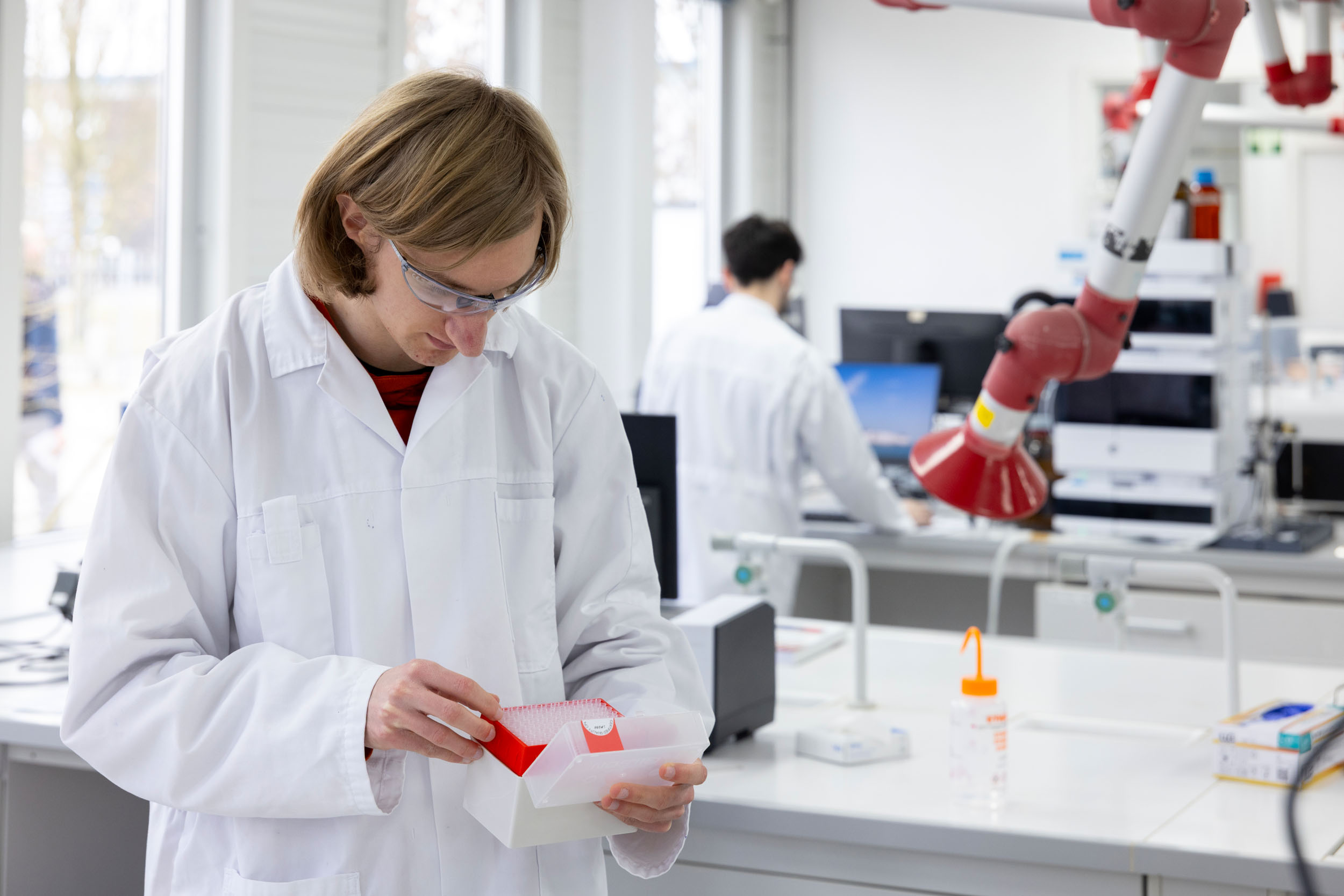Relement is a start-up company on a mission to turn chemistry green. They focus on aromatic compounds made from non-edible biomass, suitable for coatings, adhesives, composites and more.
MNEXT, together with SMEs, serves as the bridge between innovation and society. By conducting practice -oriented research with students, teachers, researchers, and stakeholders. This is how we make our movement in the materials and energy transition. For a sustainable future. By collecting knowledge about, for example, the insulating properties, modification and source of building blocks, we can develop materials with specific chemical and physical properties, such as easy degradability and recyclability. This is useful in closing plastic material cycles and making them circular.
Desired qualities of student
We are looking for a highly motivated 3rd/4th year chemistry/chemical engineering student that is eager to learn more about the development of biobased epoxy resins.
General information
- The proposed starting date is 1st Sept 2025
- Compensation: standard student internship compensation
- The working language will be in both Dutch and English




